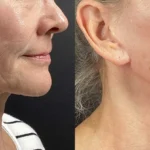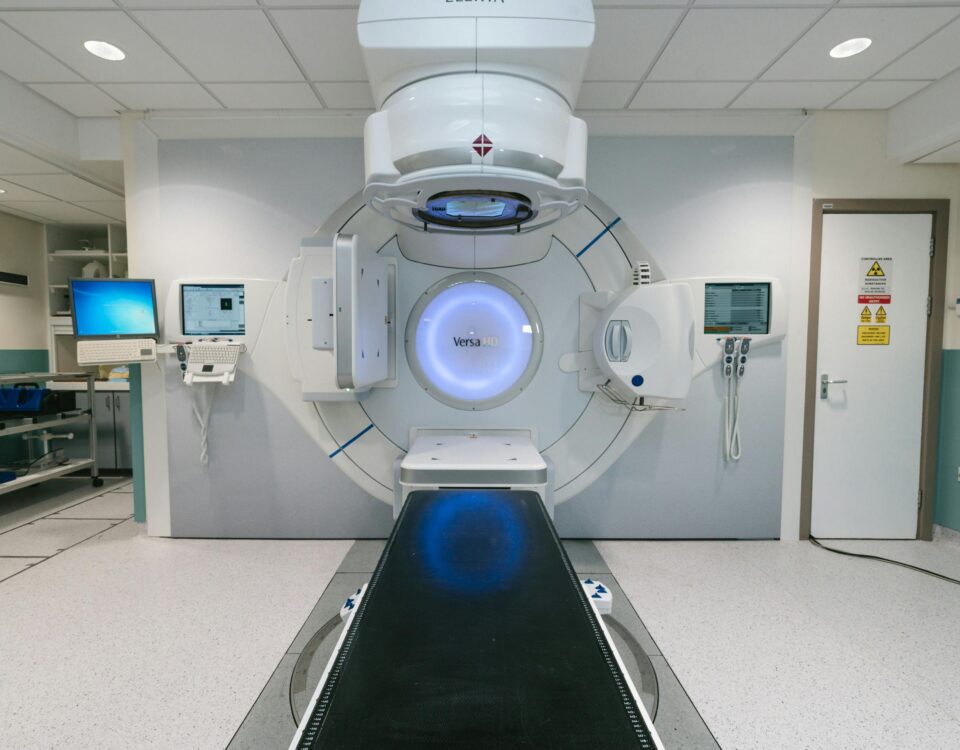
Why Regular Visits to a Foot Doctor Are Important
September 25, 2025
What You Need To Know About Mohs Surgery for Skin Cancer
September 25, 2025Holistic healthcare is an approach to wellness that looks at the entire person, rather than just a single symptom or part of the body. It operates on the idea that physical, mental, and spiritual elements are interconnected. When one area of your body is out of balance, it can affect your overall health. Here is more information about this healthcare approach:
Focusing on the Whole Person
A key principle of holistic healthcare is its focus on the whole person. Instead of treating an isolated illness, practitioners examine the comprehensive picture of your health. This includes your lifestyle, diet, stress levels, mental state, and environmental factors.
This method encourages you to be an active participant in your own health journey. You and your provider work together to create a personalized health plan. This plan addresses your unique needs and circumstances. The relationship between you and your practitioner is a partnership, built on open communication and mutual respect.
Preventing Health Issues
Another aspect of holistic healthcare is its emphasis on prevention. The approach encourages proactive habits that support long-term health, rather than waiting for problems to arise. This involves identifying potential risk factors and making adjustments to your daily life to mitigate them.
A practitioner may offer guidance on nutrition, exercise, stress management, and other lifestyle choices that contribute to your overall wellness. Preventive care within a holistic framework is about creating a sustainable foundation for health. It involves education and empowerment, giving you the tools and knowledge to make informed decisions about your well-being.
By focusing on maintaining balance in all areas of your life, you are better equipped to handle health challenges as they appear. This approach emphasizes listening to your body and addressing potential issues before they become significant problems. It encourages a proactive mindset, where small, consistent habits can lead to long-term health and resilience.
Incorporating Alternative Techniques
Holistic healthcare often integrates conventional medical treatments with various complementary techniques. This blended approach allows for a more flexible and comprehensive care plan. Some standard methods you might encounter include:
- Functional nutrition: This focuses on how food affects your body at a cellular level, aiming to address health issues through dietary changes.
- Hormone therapy: This may involve balancing hormones to address symptoms related to hormonal imbalances.
- IV therapy: This method delivers fluids and nutrients directly into the bloodstream.
- Peptide therapy: This involves using specific sequences of amino acids to signal cells to perform certain functions.
Improving Overall Well-being
The objective of holistic healthcare extends beyond the absence of disease. It aims to cultivate a state of optimal well-being. This means feeling energetic, balanced, and resilient in your daily life. The process is not about a quick fix, but about a gradual and sustainable improvement in your quality of life. By addressing the mind, body, and spirit collectively, holistic practices seek to enhance your overall sense of health. This integrated focus supports your body’s ability to heal and function optimally.
Find Holistic Health Care Near You
Holistic healthcare provides a comprehensive approach to wellness, focusing on the whole person and promoting preventive care. It combines traditional and alternative methods to create a personalized plan tailored to your specific situation. If you are interested in exploring this approach to health, the next step is to find a qualified practitioner. Schedule a consultation with a medical provider to learn more about holistic services.





